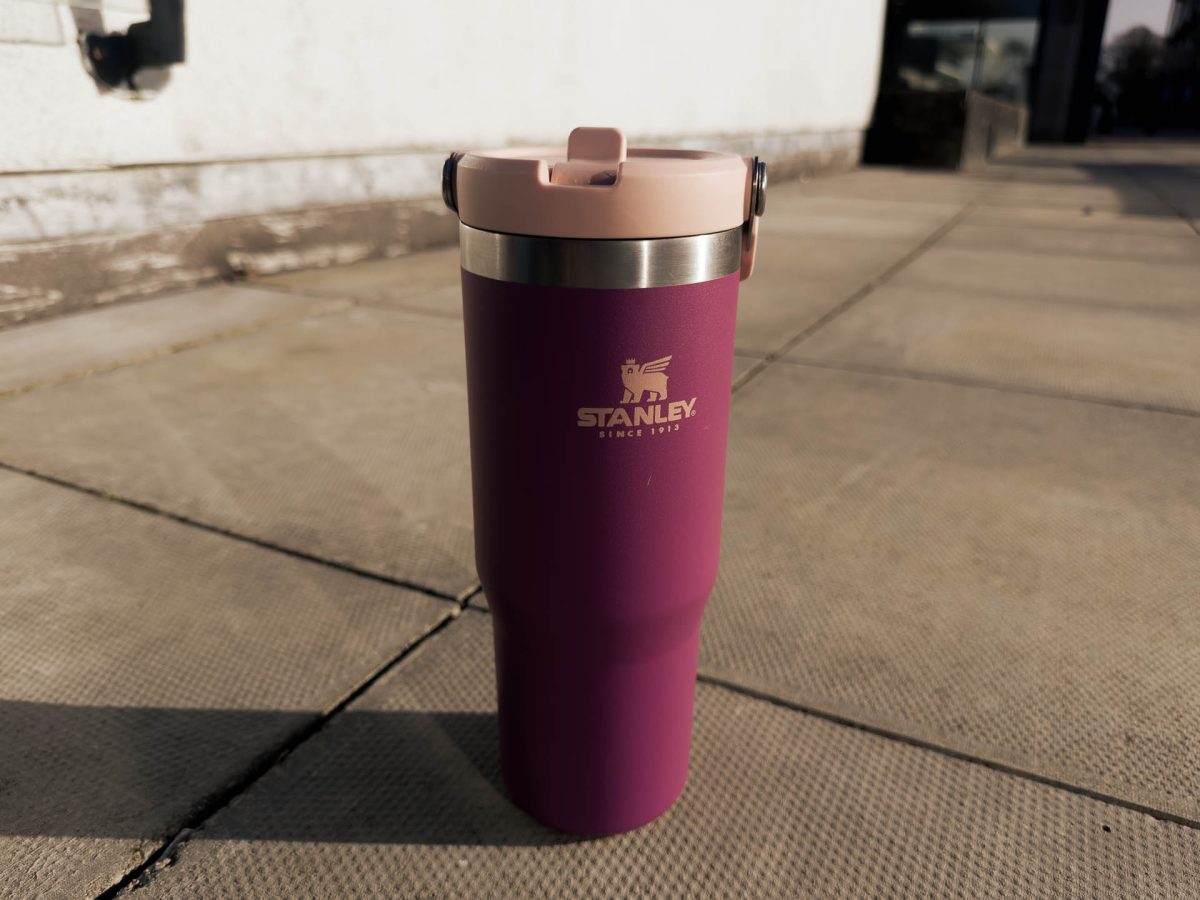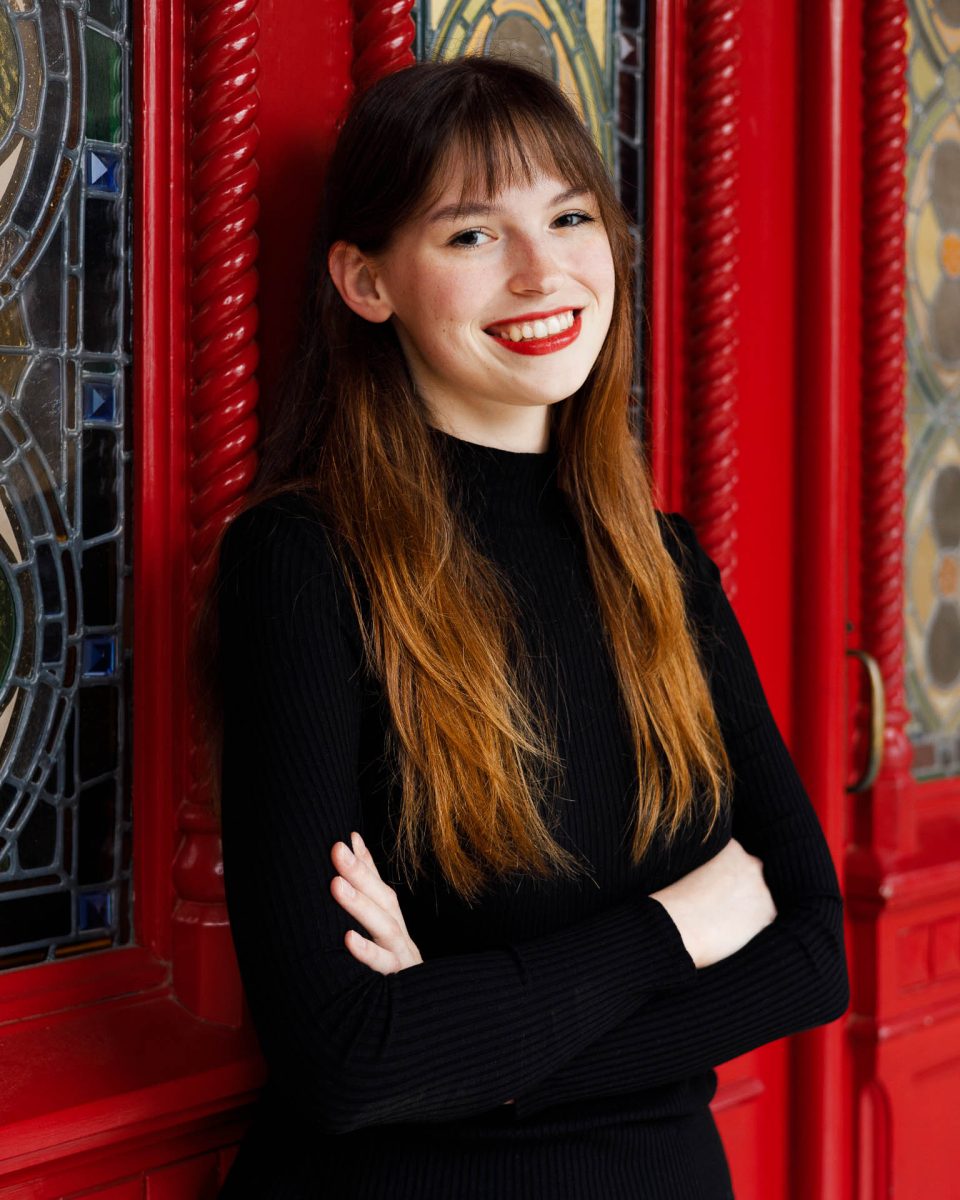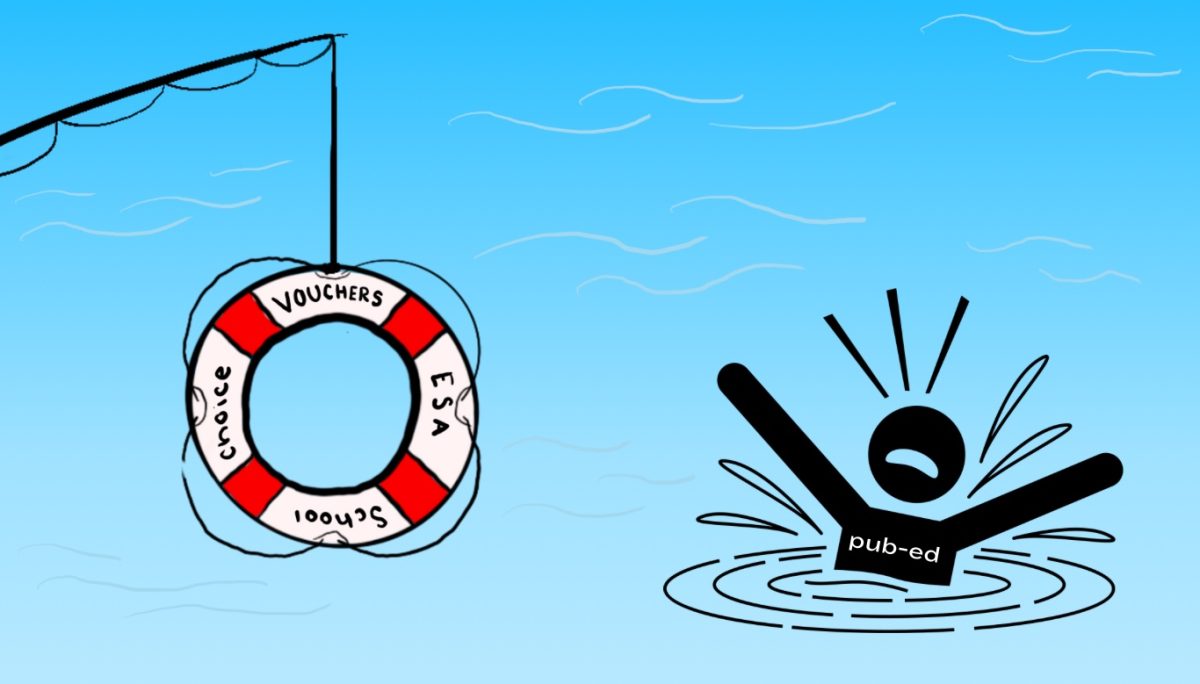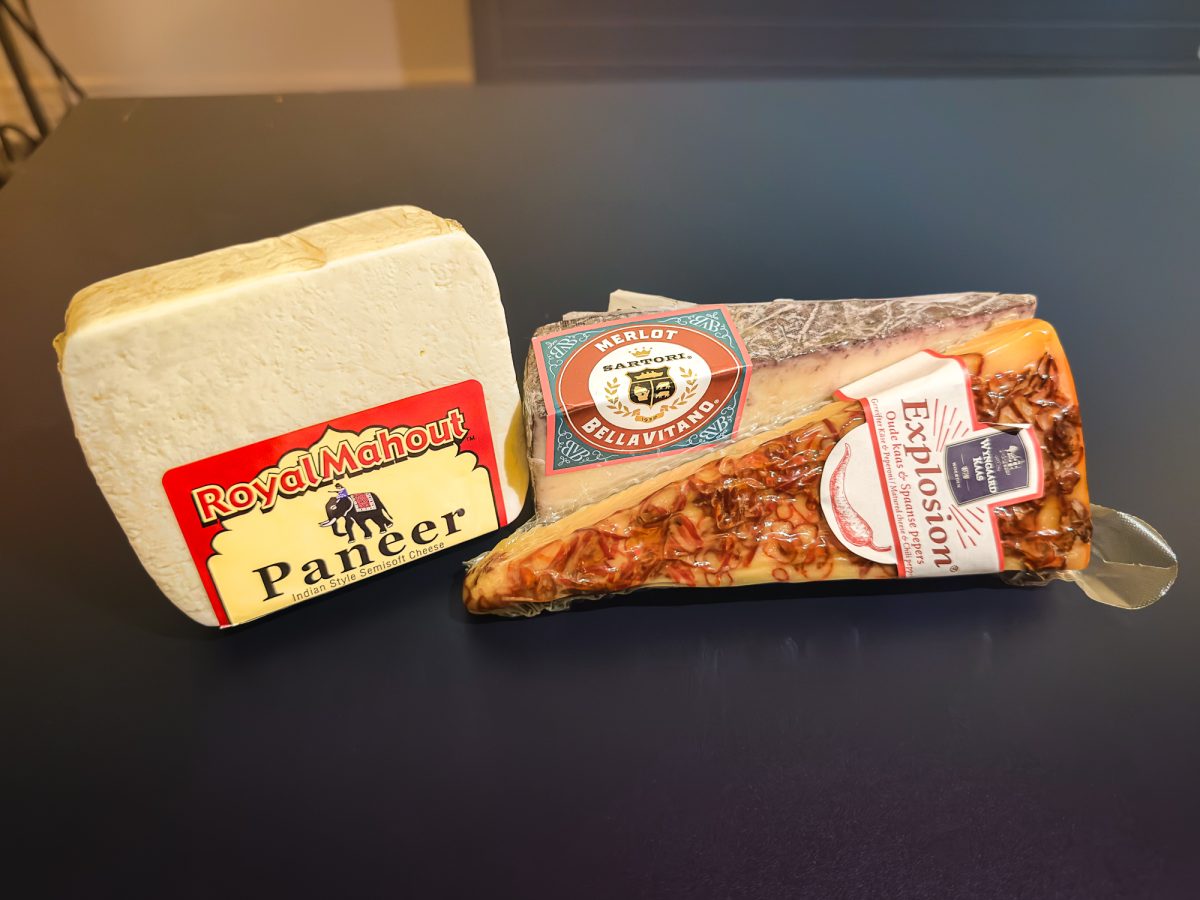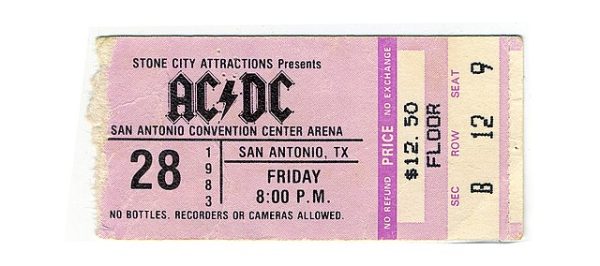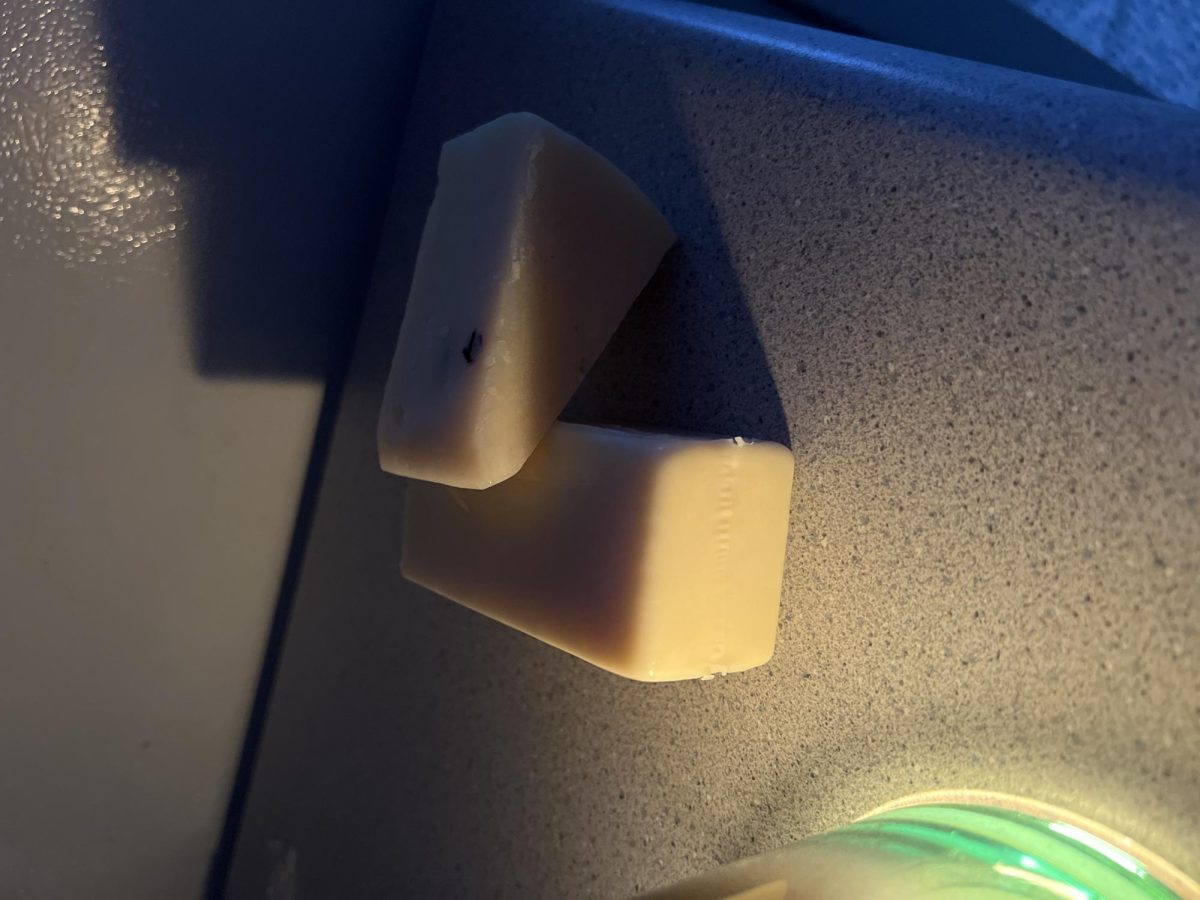People are constantly consuming. They might consume media, food, clothing or objects. To be human is to consume; but when does consumption become a problem?
I’ve noticed a distinct trend on TikTok of overconsumption and overbuying of goods that are meant to be sustainable or reusable. Goods like water bottles and reusable bags have become trendy, and suddenly everyone needs them in every color.
For example, Stanley water bottles are now “collectible.” I’ve seen videos of customers lined up outside of Target and Dick’s Sporting Goods just to get a new color of the same Stanley tumbler they already have five of.
Nowadays, the Stanley brand just reminds me of fast fashion. Limited and small-batch colors make products like a water bottle seem like something you must buy urgently. Their marketing strategy is to make the item seem scarce, and thus it becomes more of a status symbol; a “look at me, I have it and you don’t” type of product.
Buying an excess of a reusable product is not being eco-friendly or sustainable: it’s actually the opposite. We are stuck in this endless cycle of trend-driven consumerism and status quos. The more people promote the over-purchasing of reusable items, the more they turn into fast fashion items that will be cast aside for the next big thing, similar to how Stanley effectively killed the Hydro Flask hype.
Another example of this is Baggu, a brand that makes all different types of bags and carrying cases. They have reusable grocery bags, a myriad of nylon shoulder bags and larger totes. Baggu also subscribes to the same marketing strategy that Stanley does. With limited collections, collabs and pattern drops for every season, people can’t help but collect these quick-selling products.
Companies make their product scarce to drive up a frenzy around their brand. They pay influencers on TikTok and other social media platforms to show off their products via an unboxing video or haul. These commissioned videos are harmful to the brand’s alleged mission or message of earth consciousness.
Stanley has a section of their website dedicated to sustainability that states, “the most sustainable products are the kind that never need to be thrown away or replaced. Stanley has created reusable, Built For Life™ products for over 100 years, reducing demand for disposable products that end up in waste and water streams.”
While this is a true statement, the overconsumption and over-advertisement of their brand negates this thrive for sustainability. This sort of unhealthy increase in demand for their products has canceled out the sustainable aspect. The amount of energy and resources required to make and ship a heavy Stanley cup negates the environmental benefits of reusable bottles when people keep buying them new.
The same goes for Baggu’s message. Their products are sustainably made, and their brand focuses on the elimination of single use plastic bags, but people keep overbuying these bags because of the constant “drops” and collaborations they have.
Do not be fooled, I own both a Stanley cup and a few Baggu items, but it’s just that. I own a few. Not nine in every color. I love my reusable items. They should be well-loved and show wear and tear. Constantly buying and collecting is killing the environment which is easy to lose sight of when all you’re being fed is TikToks telling you to buy and buy and buy.


